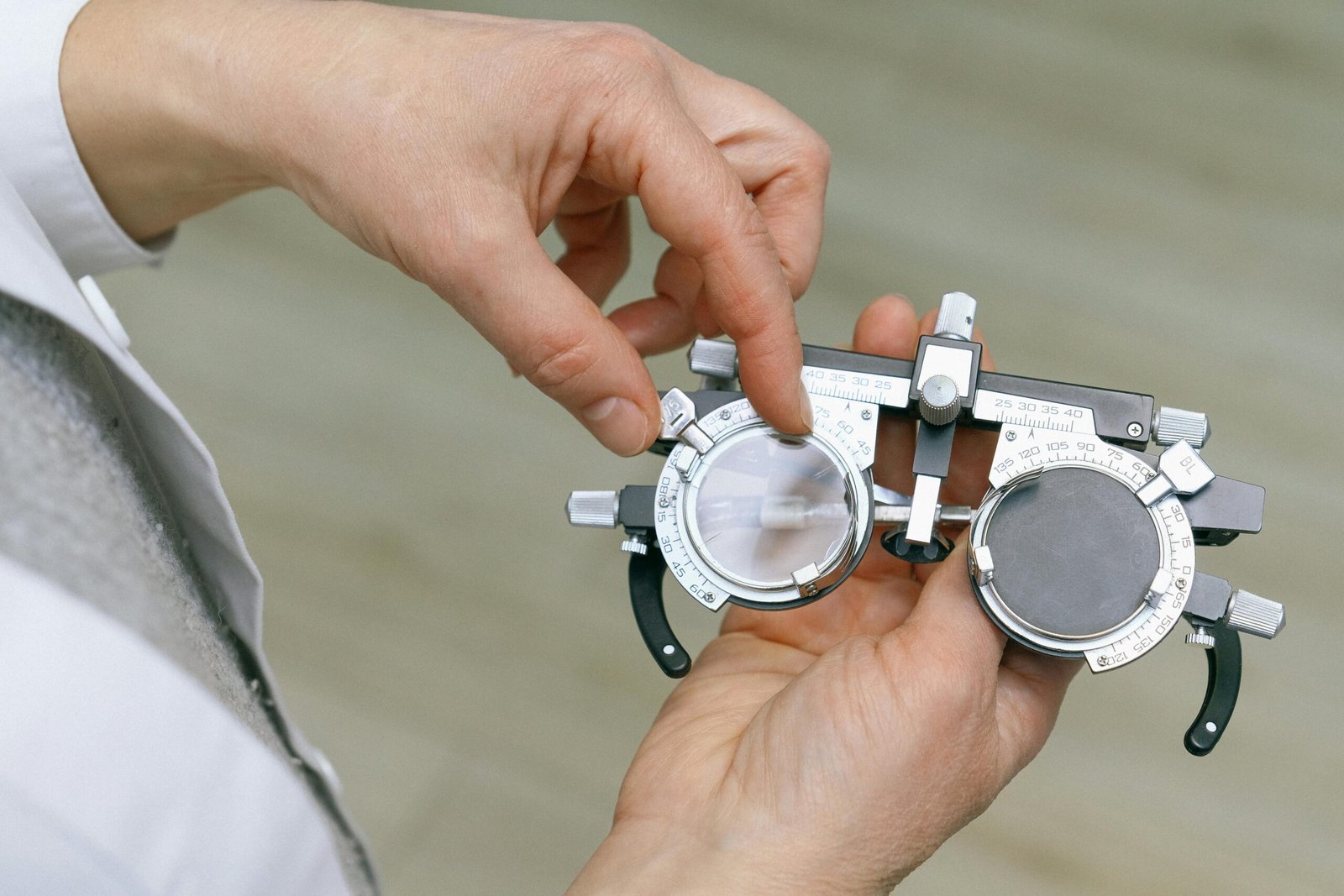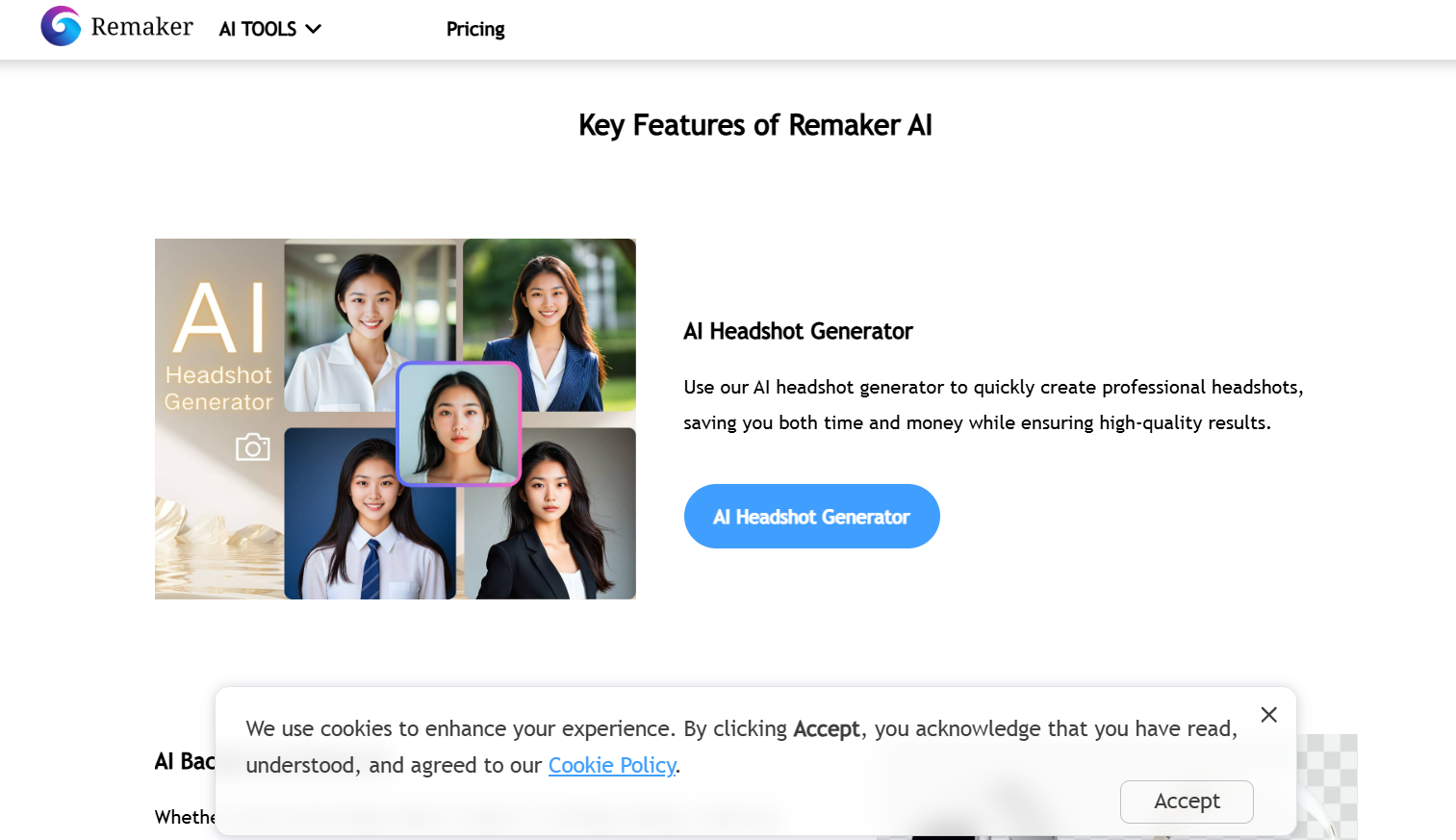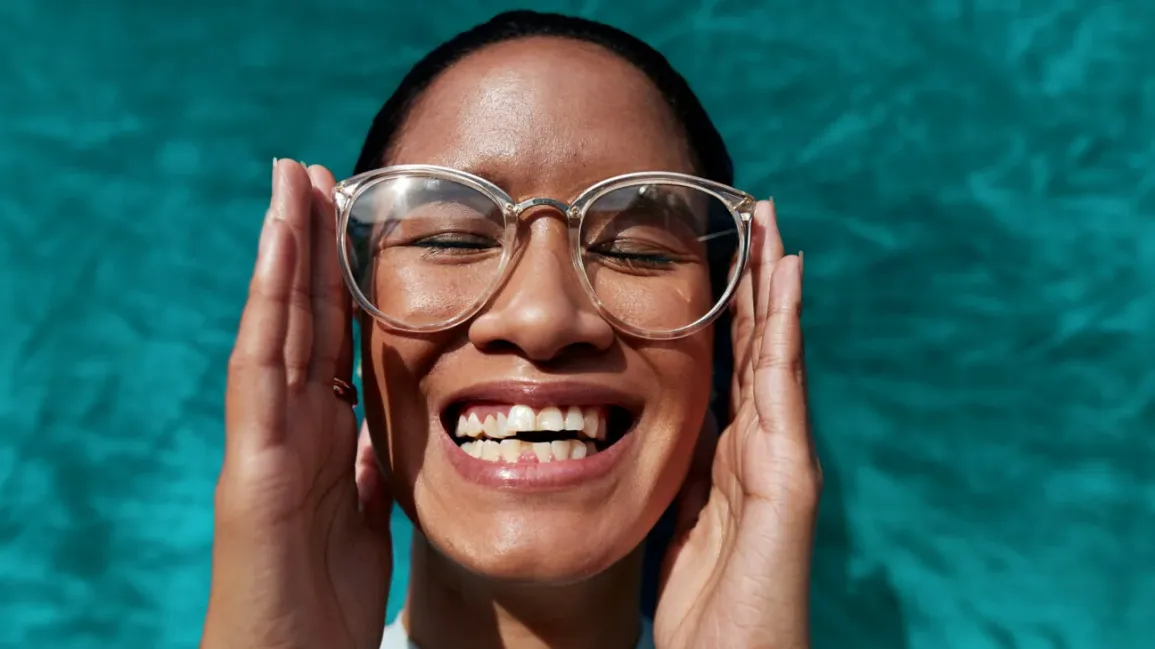Good eyesight is essential for day-to-day activities, but Eye Care: How to Protect and Maintain Your Vision care is often overlooked. With the rising use of screens and exposure to environmental stressors, our eyes face constant challenges. This guide explores how to keep your eyes healthy, prevent vision issues, and embrace long-term habits for better eye care.
Eye Care: How to Protect and Maintain Your Vision
Why Eye Care is Essential
Your eyes are complex organs that process light and send visual information to the brain, enabling you to perceive the world. However, factors like digital strain, aging, and poor lifestyle choices can deteriorate vision over time. Maintaining good eye health is vital to enjoying a high quality of life and avoiding chronic problems.
Common Vision Problems
Millions of people worldwide experience eye-related issues. Understanding common problems can help you address them early:
- Refractive Errors: Conditions like nearsightedness (myopia), farsightedness (hyperopia), and astigmatism affect how the eye focuses light.
- Presbyopia: A natural aging process that reduces the eye’s ability to focus on nearby objects.
- Glaucoma: Increased pressure in the eye that can damage the optic nerve, leading to vision loss if untreated.
- Macular Degeneration: A leading cause of blindness among adults over 50.
- Cataracts: Clouding of the lens, which causes blurred vision and glare sensitivity.
Tips for Maintaining Eye Health
1. Prioritize Regular Eye Exams
Comprehensive eye exams are the cornerstone of eye care. Even if your vision seems fine, regular check-ups can detect conditions like glaucoma or diabetic retinopathy early. Adults should aim for an annual exam, while children and seniors may need more frequent visits.
2. Adopt the 20-20-20 Rule
Digital screens are unavoidable in today’s world, leading to a condition known as computer vision syndrome or digital eye strain. To combat this, follow the 20-20-20 rule: every 20 minutes, take a 20-second break and focus on an object 20 feet away. This helps reduce eye fatigue and keeps your eyes relaxed.
3. Maintain a Nutritious Diet
A healthy diet can significantly impact your vision. Include these eye-friendly foods in your meals:
- Carrots and Sweet Potatoes: Provide beta-carotene for improved night vision.
- Green Vegetables: Spinach, kale, and broccoli contain lutein and zeaxanthin, which protect against cataracts and macular degeneration.
- Fish: Salmon, tuna, and sardines are rich in omega-3 fatty acids that support the retina and reduce dry eye syndrome.
- Nuts and Seeds: Almonds and sunflower seeds provide vitamin E, which fights oxidative stress.
- Citrus Fruits: Oranges and grapefruits offer vitamin C to strengthen blood vessels in the eye.
4. Stay Hydrated
Dehydration can exacerbate dry eyes and reduce tear production. Drink plenty of water throughout the day to keep your eyes properly lubricated.
5. Protect Your Eyes Outdoors
UV rays from the sun can damage your eyes and increase the risk of cataracts, pterygium, and macular degeneration. Invest in high-quality sunglasses that block 99-100% of UVA and UVB rays. Wrap-around styles provide extra protection from glare and peripheral light.
6. Use Proper Lighting
Harsh or dim lighting can strain your eyes while reading, working, or watching TV. Ensure adequate ambient lighting, and consider adjustable desk lamps for detailed tasks like studying or crafting.
7. Avoid Rubbing Your Eyes
Touching your eyes with unwashed hands can transfer dirt, bacteria, and irritants, increasing the risk of infections like conjunctivitis. If your eyes feel itchy or irritated, use lubricating eye drops or rinse them with clean water.
The Impact of Screen Time on Vision
Modern lifestyles involve prolonged exposure to digital devices, contributing to blue light exposure and eye strain. Here are some strategies to reduce harm:
- Adjust Screen Settings: Lower screen brightness and increase font size for easier readability.
- Use Blue Light Filters: Invest in screen filters or blue light-blocking glasses.
- Maintain Proper Distance: Keep screens at least 20-24 inches away from your eyes and at eye level.
- Blink Often: Prolonged staring at screens reduces blinking, leading to dry eyes. Make a conscious effort to blink regularly.
Eye Exercises for Relaxation
Incorporating eye exercises into your routine can improve focus, reduce fatigue, and enhance overall eye health:
- Blinking: Close your eyes slowly for a few seconds, then open them. Repeat 10 times to refresh the tear film.
- Focus Shifting: Alternate focus between a nearby object and a distant object to strengthen the eye muscles.
- Palming: Gently rub your hands together to generate warmth, then place your palms over closed eyes. Relax for 1-2 minutes.
Protecting Your Vision at Work
Work environments can pose unique risks to eye health. Here are specific precautions:
- For Office Workers: Adjust your workstation ergonomics. The top of your monitor should align with your eyes, and the screen should tilt slightly upward.
- For Manual Laborers: Wear safety goggles to protect against debris, chemicals, or sparks.
- For Healthcare Workers: Use proper personal protective equipment (PPE) when dealing with infectious diseases.
Signs That Need Immediate Attention
Certain symptoms warrant immediate consultation with an eye care professional:
- Sudden vision loss
- Severe eye pain or redness
- Persistent floaters or flashes of light
- Difficulty seeing in low light conditions
- Double vision
Ignoring these signs could lead to irreversible damage, so don’t delay seeking help.
Emerging Eye Care Trends
Technology is transforming the field of optometry:
- Tele-optometry: Remote eye consultations are becoming popular.
- Smart Contact Lenses: These innovative lenses can monitor eye health and even deliver medication.
- AI Diagnostics: Artificial intelligence helps detect eye diseases earlier and with higher accuracy.
Conclusion
Eye health is an essential component of your overall well-being. By adopting simple habits like regular check-ups, a balanced diet, and screen management, you can protect your vision and enjoy clearer, healthier eyesight for years to come. Start implementing these practices today—your eyes will thank you for it!
Internal link:- opticalsworld







